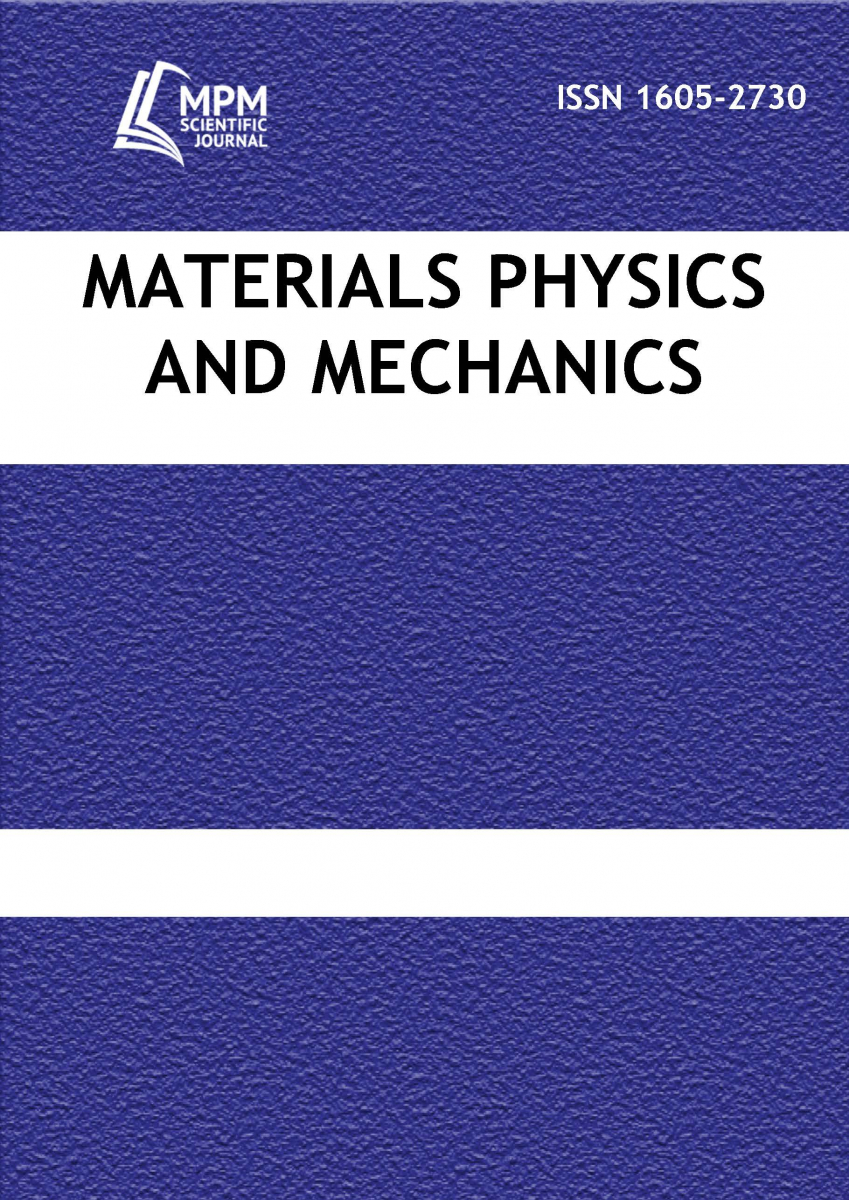Study of the microstructure effect of SPD-treated titanium on microhardness and corrosion resistance in physiological environments for implantology purposes
Increasing the duration and quality of human life requires solving a number of medical and materials science problems, in particular, the creation of materials designed for long-term work in contact with the biological environment. When creating such materials for medical devices, it is necessary to take into account that they must meet strict requirements, namely, be biologically compatible with tissues, have corrosion resistance to various biological fluids and have increased wear resistance. The study of the effect of Ti microstructure on microhardness and its corrosion resistance in physiological environments is necessary to create implants designed for long-term work in contact with the biological environment of the body. In accordance with this, the purpose of this work was to establish the nature of the relationship between the structural properties of ultrafine-grained Ti with different sizes of crystallites (grains) obtained using equal-channel angular pressing (ECAP) of different intensity, namely with a different number of processing cycles, on the microhardness and stability of Ti in a corrosive environment.


